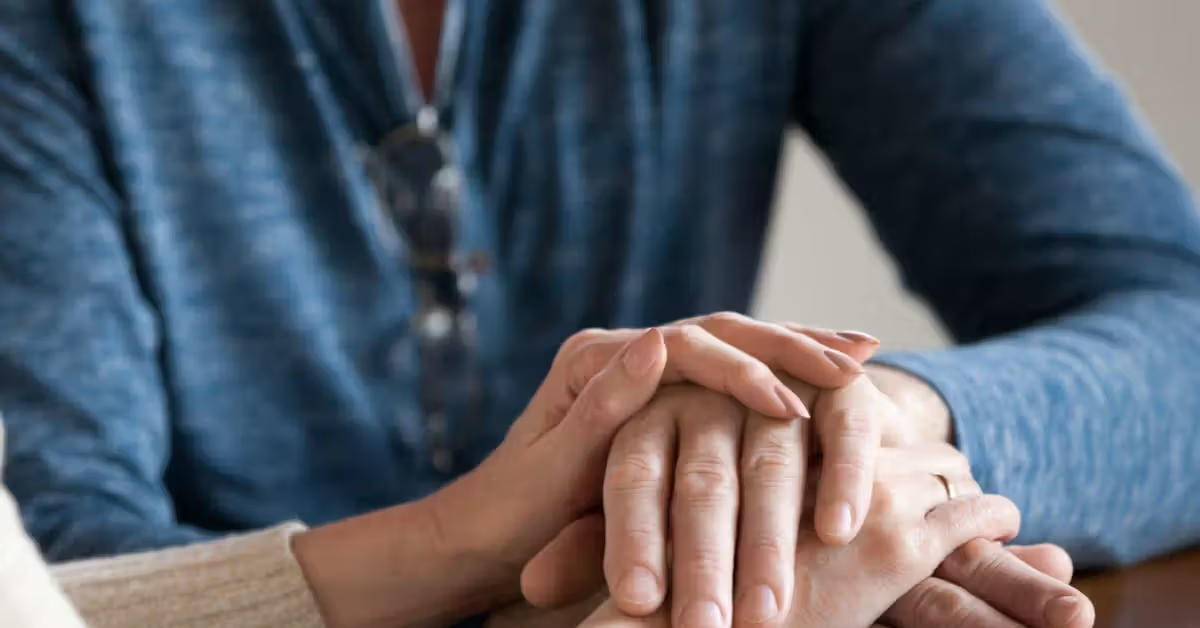Depression is a common mental health condition that affects millions of people globally. It’s much more than just feeling sad or going through tough times. If left untreated, it can impact every aspect of a person’s life. Recognizing depression symptoms early can be key to getting help and starting the healing process. In this blog, we’ll explore what depression is and outline the most common symptoms to help individuals better understand and address this condition.
1. What is Depression?

Depression is a serious mental health disorder that goes beyond occasional sadness or mood swings. People suffering from depression experience persistent feelings of sadness, hopelessness, or a lack of interest in activities they once enjoyed. These feelings can last for weeks, months, or even years, making everyday tasks feel overwhelming.
There are different types of depression, such as:
- Major Depressive Disorder (MDD): A severe form of depression where depression symptoms interfere with daily life for at least two weeks.
- Persistent Depressive Disorder (Dysthymia): A less severe, but long-term type of depression that lasts for at least two years.
- Bipolar Disorder: Involves extreme mood swings, including episodes of depression.
2. Common Depression Symptoms

Recognizing the signs of depression can be tricky, as symptoms may vary from person to person. However, there are some common depression symptoms that people tend to experience:
Persistent Sadness or Emptiness: One of the most recognizable depression symptoms is a constant feeling of sadness or emotional emptiness that doesn’t seem to go away, even when circumstances improve.
Loss of Interest in Activities: Individuals with depression often lose interest in hobbies or activities they once enjoyed. Whether it’s spending time with friends, exercising, or engaging in creative work, the motivation to participate disappears.
Fatigue and Low Energy: Another common symptom is extreme tiredness or a lack of energy, even if the person is getting enough sleep. This fatigue can make it difficult to complete everyday tasks.
Changes in Sleep Patterns: Depression can lead to sleep problems. Some people may find themselves sleeping too much, while others struggle with insomnia, having difficulty falling or staying asleep.
Appetite or Weight Changes: Depression symptoms can also affect a person’s appetite. Some may lose interest in eating and lose weight, while others may eat more than usual and gain weight as a result.
Difficulty Concentrating: Depression can make it hard to focus on tasks, make decisions, or even remember simple things. This lack of concentration often leads to feelings of frustration.
Feelings of Guilt or Worthlessness: People with depression frequently experience excessive guilt or blame themselves for things that are beyond their control. They may feel worthless, which can lead to a negative self-image.
Irritability or Anger: Although sadness is the most common emotion associated with depression, some people may become irritable or easily frustrated, often snapping at others without a clear reason.
Physical Symptoms: Depression doesn’t only affect mental health. Many people report physical symptoms, such as headaches, stomachaches, or chronic pain, which seem to have no direct medical cause.
Thoughts of Death or Suicide: In severe cases, depression can lead to thoughts of self-harm or suicide. It’s crucial to seek immediate help if someone expresses these thoughts or feelings.
3. Why Recognizing Depression Symptoms is Important
Understanding and identifying depression symptom is the first step towards getting help. If you or someone you know is experiencing several of these symptoms, it may be time to consult a healthcare professional. Early intervention can lead to better outcomes and can prevent depression from worsening.
Explore related topic: What happens in our bodies when we sleep?
4. What to Do if You Recognize Depression Symptoms

If you recognize any depression symptoms in yourself or others, don’t hesitate to seek help. Here are a few steps you can take:
- Talk to a healthcare provider: A doctor or mental health professional can provide an official diagnosis and recommend treatment options.
- Reach out to someone you trust: Talking to a family member, friend, or loved one can provide emotional support and help you feel less isolated.
- Consider therapy: Counseling or therapy is one of the most effective treatments for depression. Therapists can help individuals learn how to manage their symptoms and develop coping strategies.
- Medication: In some cases, a healthcare provider may recommend antidepressant medications to help balance chemicals in the brain and alleviate depression symptoms.
Conclusion
Depression is a serious mental health condition, but it’s also treatable. By recognizing the depression symptoms early, individuals can seek the help they need and begin their journey towards recovery. Remember, you don’t have to face depression alone—there are resources and professionals available to support you.
If you or someone you know is struggling with depression symptoms, don’t wait to reach out for help. The sooner you take action, the closer you’ll be to feeling better and living a happier life.
Become a part of a supportive community focused on health and wellness. Connect with us on Threads!
Further Reading and resources
For more in-depth information and resources, consider the following:
